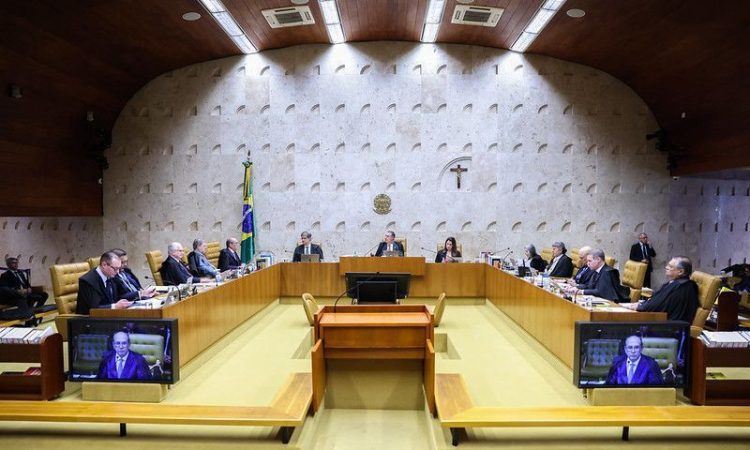CCJ advances with anti-STF package and approves permission for Congress to suspend Court decisions

The Constitution and Justice Commission (CCJ) gave, by 38 votes to 12, the proposed amendment to the Constitution (PEC) that allows Congress to suspend decisions of the Federal Supreme Court (STF). Now, the text must be analyzed by a special commission before going to the plenary.
The approved text authorizes Congress to overturn Supreme Court decisions if it considers that the Court has exceeded the exercise of its jurisdictional function. According to the PEC, for the decision to be suspended, the favorable votes of two thirds of the Chamber and the Senate are necessary.
The proposal also suggests that, if Congress suspends a decision, the STF will be able to maintain it with the vote of one fifth of its members. The proposal’s rapporteur was deputy Luiz Philippe de Orleans e Bragança (PL-SP).
The PEC also determines that reporters of court cases must immediately submit the precautionary measures (injunctions) granted to the court panel immediately, so that they can be endorsed.
Government deputies criticized the text and tried to block its progress with a request to withdraw from the agenda, which was rejected by the majority of committee members. For government allies, the text is unconstitutional and violates the powers of the Judiciary.
“We are seeing an attempt to build an anti-Supreme package, which is being named this way. Implement an anti-Supreme package to say: we want to silence the Constitution that guaranteed democracy. This PEC was also built by those who cannot respect democracy itself”, stated deputy Érika Kokay (PT-DF).
Opposition deputies defended the PEC as a measure for “balance” between public powers. “It is up to the National Congress to ensure its legislative competence. This PEC provides a remedy for this”, defended deputy Bia Kicis (PL-DF).
The proposal was the second approved this Wednesday of a package of measures that target the powers of the Supreme Court and ministers of the Court. Previously, deputies also gave approval for a .
Next steps
As a rule, the CCJ evaluates the constitutionality and admissibility of proposals, not their merit. It is up to the collegiate to give approval or not for the progress of the texts in the House.
Once approved, the PECs still need to be analyzed by a specific commission, which must still be created and installed. If it passes in the Chamber without changes in the special committee and in the plenary, the text could go to promulgation.

